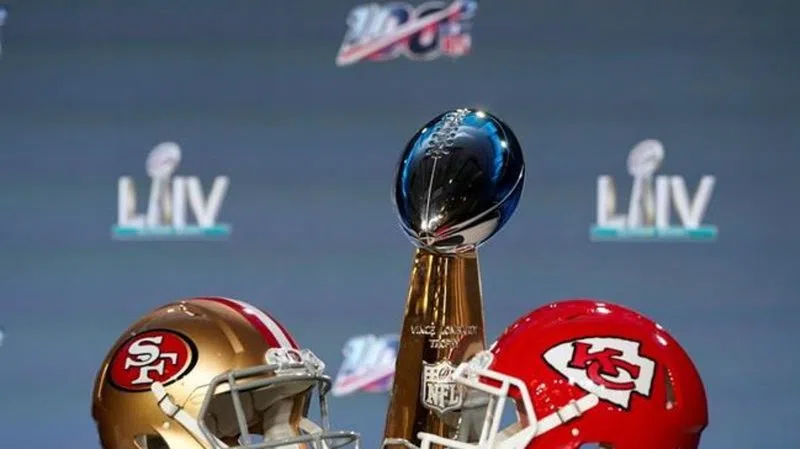
Super Bowl debate about Indigenous oppression could spark broader discussion
Prof. Janice Forsyth is glad that this year’s Super Bowl is calling attention to the controversial names and traditions of some NFL teams. She also hopes it’s just the start of a broader conversation about the power of sports.
In the two weeks since the Kansas City Chiefs and San Francisco 49ers advanced to this Sunday’s Super Bowl, the phrase “Appropriation Bowl” has been popularized by some Indigenous advocates because the nicknames of both teams have links to the oppression of First Nations peoples.
“I don’t think that change is going to happen now, somehow magically on its own,” said Forsyth, the director of the Indigenous Studies program at Western University in London, Ont. “People need to understand how discrimination and marginalisation and ongoing forms of colonial violence work in order to understand it. That’s just the tip of the iceberg.
“So while (the Appropriation Bowl movement) is an opportunity for us to celebrate, for me, it’s just a flashpoint for digging in deeper to try and figure out what is actually happening in the space of sport.”
